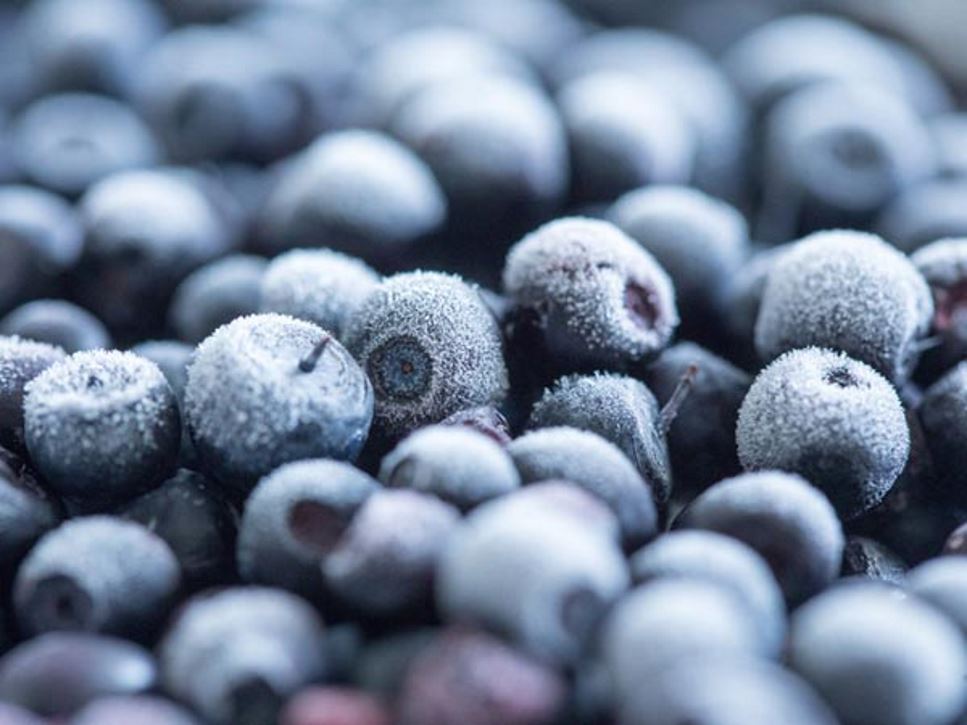When it comes to buying fruits and vegetables, many factors play a role in which type consumers choose, including nutritional value. All fruits and vegetables — fresh, frozen, canned or dried — are good-for-you foods that can be enjoyed at any time.
Here are ideas for getting the most from your fruits and vegetables, no matter what form they take.
Canned Fruits and Vegetables
- Get the juice. For canned fruit, look for descriptions on the label like "packed in its own juices," "packed in 100% juice," "unsweetened" or "no added sugar." Fruits packed in juices contain less added sugar than fruits packed in syrup.
- Pinch the salt. If you are cutting back on sodium, look for descriptions such as "no salt added" and "reduced sodium" on the labels of canned vegetables. Rinsing canned vegetables before eating them can reduce their sodium content.
- Savor the flavor. Use canned fruits and vegetables immediately after opening for maximum flavor and nutritional value.
Frozen Varieties
- Forgo added fat and sodium. When buying frozen vegetables, skip those with sauces and choose plain vegetables instead. You can season them at home with flavorful herbs and spices.
- Check the label. Frozen fruits come in both sweetened and unsweetened varieties, so make sure to check the label and choose unsweetened fruit. Frozen fruit bars also can be a nutritious snack, but read the label to learn if they're made with real fruit juice.
Dried Fruits
- Look for additives. Dried fruit may contains dietary fiber, vitamins A and C, potassium and folate, but keep in mind that serving sizes are smaller than other types of fruit. Also, some dried fruits may have added sugar. If you are sensitive to sulfites, check the label of dried fruits to make sure they are not preserved with sulfite, which may trigger an allergic reaction.
- Have a handful. Dried fruit is a great portable snack and makes tasty trail mix when combined with nuts and seeds. It also can jazz up salads, pancakes, bread recipes or a bowl of cereal.
There are many varieties of canned, dried and frozen fruits and vegetables on grocery store shelves, which makes it easy to find foods that suit your tastes and fit into a healthy eating plan. For more information on developing a healthful eating plan that is right for you, contact a registered dietitian nutritionist.
Find a Nutrition Expert
Looking for credible nutrition information and recommendations? The Academy of Nutrition and Dietetics' network of credentialed food and nutrition practitioners are ready to help!

